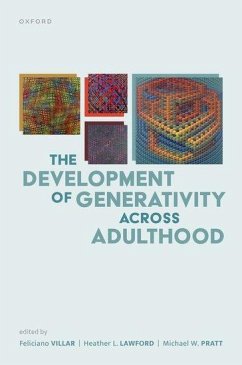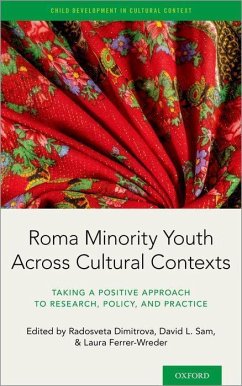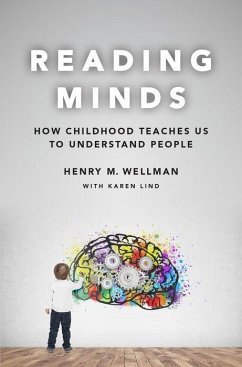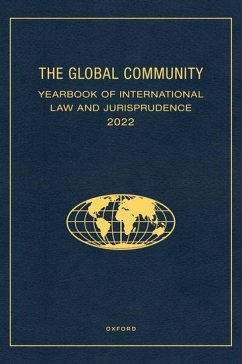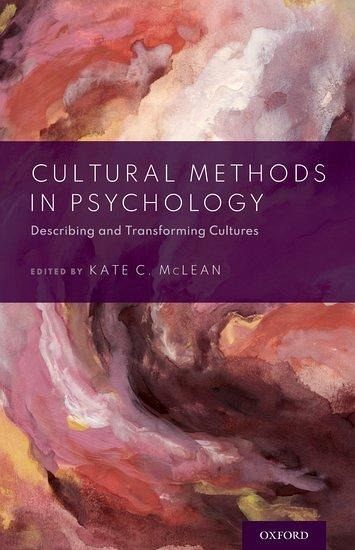
Cultural Methods in Psychology
Describing and Transforming Cultures
Herausgeber: McLean, Kate C
Versandkostenfrei!
Versandfertig in über 4 Wochen
102,99 €
inkl. MwSt.
Weitere Ausgaben:

PAYBACK Punkte
51 °P sammeln!
This volume describes a broad array of culturally sensitive research methods in psychology, addressing diverse issues such as implicit bias, identity development, trauma, and racism. Each chapter provides instructive value for those who want to effectively employ these methods, as well as deep reflection on the meaning of various methods for understanding complex psychological phenomena.




